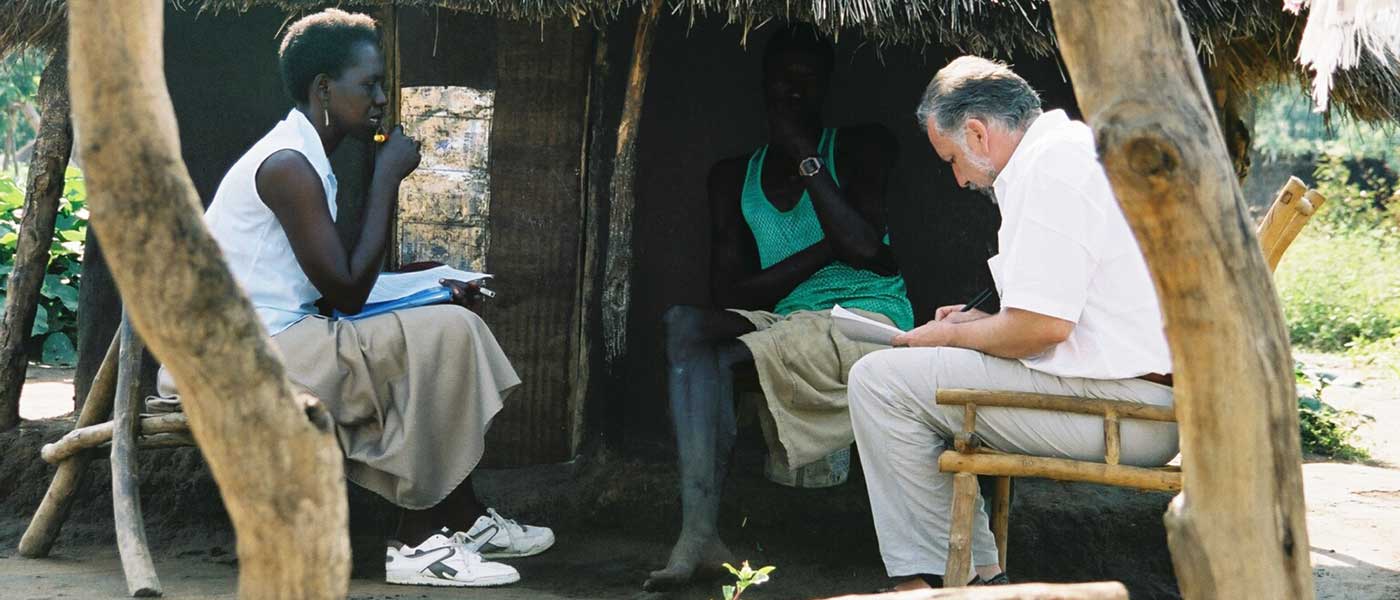
Narrative Exposure Therapy –
What is NET?

Working step by step through the patient’s life

Narrative Exposure: telling the story of my life
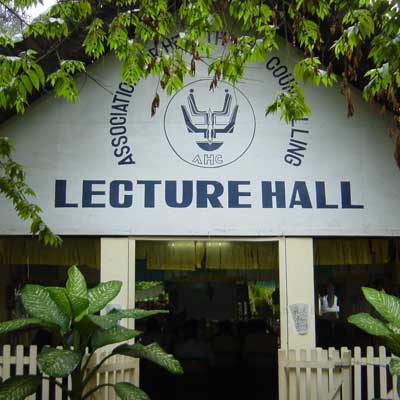
Training where help is needed most

NET encompasses the entire individual life
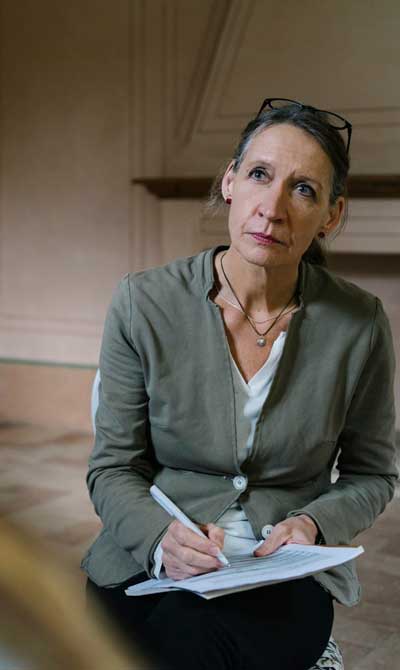
Therapeutic quality: Non-avoidance, empathy, testimony bearing
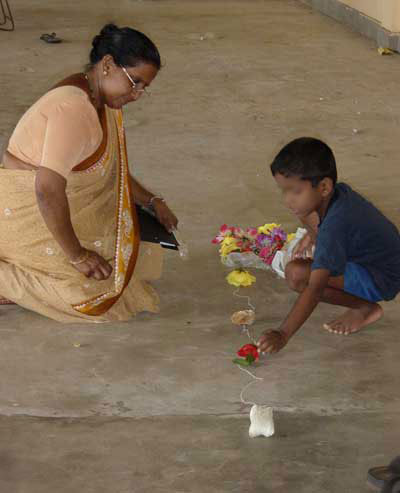
Trained counsellors offer NET to children and adults alike
Teaching across cultures.
Narrative Exposure Therapy (NET)
for children, adolescents, and adults is an evidence-based, culturally inclusive, trauma-focused, short-term psychotherapeutic intervention that was designed for survivors of multiple and complex trauma.
Within a life-span approach, it enables the integration of traumatic memories into the biographical context, activates the person's resources, and allows meaning-making and corrective relationship experiences.
Trauma is a transgenerational agent
Childhood trauma does not end in childhood, it is not over even at the end of an individual’s life.
Trauma resonates down generations. By healing the wounds of trauma and enabling survivors to testify and recover, the transmission of trauma is stopped. NET goes further to acknowledge and document human rights abuses and empowering survivors which means to combat the often systemic violence to which they were subjected. Narrative Exposure can mend memory, mind, and body and as a consequence enhance health and quality of life as well as social and occupational functioning.
Systematic reviews of randomised controlled trials have shown that NET is an effective treatment for trauma spectrum disorders in varying populations for children and adults in more than 30 countries.
Furthermore, NET has shown high clinical efficacy even when applied by trained local non specialist counsellors in numerous settings across the world.
Narrative Exposure Therapy builds on the theory of the dual representation of traumatic memories.
The focus of NET is on reconstructing the fragmented memories of traumatic experiences into coherent narrations that are connected to the temporal and spatial context of the life period (trauma focus). It aims to contextualise specific associative elements of the fear network: the sensory, cognitive, affective, and bodily memories of trauma so as to understand and process the traumatic events in the course of the individual’s life (life-span approach).
Therefore, in NET, the client, with the assistance of the therapist, constructs a chronological narrative of his/her life story with a focus on the traumatic experiences. Fragmented reports of the traumatic experiences will be transformed into a coherent narrative.
Empathic understanding, active listening and verbalising, non-avoidance, congruency, and unconditional positive regard are key components of the therapist’s behaviour
For traumatic stress experiences the therapist asks in detail for emotions, cognitions, sensory information, physiological responses, and probes for respective observations and meaning. The patient is encouraged to relive emotions while narrating without losing their connection to the 'here and now': using permanent reminders that the feelings and physiological responses result from memories, the therapist links the experiences to episodic facts, i.e. time and place and explores the meaning of the moment back then and right now.
With the therapist's guidance, the narrator can have corrective relationship experiences, empathise with their own younger self and learn self-compassion and self-nurturing. This is enabled due to the therapist’s empathic mirroring, paraphrasing, and constant verbalisation of what he or she understands from the narrator during the trauma-focused work. In moments of slowing down during trauma processing survivors should be given the opportunity to understand their experience and their emotions and to describe them on the levels of perception, cognition, emotion, body reaction, and meaning in the past and present, as well as to relate to themselves - 'How to do you feel right now when you experience yourself in the situation at the time when you are telling the story?'.
Social pain situations as well as attachment problems are also to be viewed in this way both egocentrically and allocentrically in the ‘past' and in the 'here and now’. In this way reprocessing, meaning making, and integration is facilitated.
NET is based on the universal human need for sharing experiences, for storytelling, and oral tradition, therefore its applicability is independent of formal education, culture, or age (cross-cultural approach).
The method of narrating the entire life story does not require the client to select single traumatic or aversive events from their trauma history. Beginning from birth, NET encompasses the entire individual life with a focus on the most difficult, fearful, meaningful, and beautiful moments – explored along specific events that were physiologically highly arousing and are therefore burnt into memory. At the end of treatment the recorded autobiography may be used for human rights purposes (advocacy).
The procedure does not require any skill-learning or pre-exposure qualification for the client; participation is even possible for survivors in insecure settings and with a high trauma load (low-threshold).
The NET procedure is robust and straightforward
It can be applied by professionals as well as trained non-experts like e.g. health and social workers, teachers, community members, and local counsellors in various contexts as well as in crisis and emergency settings within a ‘screen and treat’ framework and cascade models of stepped care (scaling up/task-shifting).
NET allows reflection on the person’s entire life as a whole, fostering a sense of personal identity.
Working through the biography highlights the recognition and meaning of inter-related emotional networks from experiences, facilitating integration and understanding of schemas and behavioural patterns that evolved during development. The regaining of survivor dignity and satisfaction of the need for acknowledgement as well as the explicit human rights orientation of ‘testifying‘ distinguishes the approach.
The Originators of NET
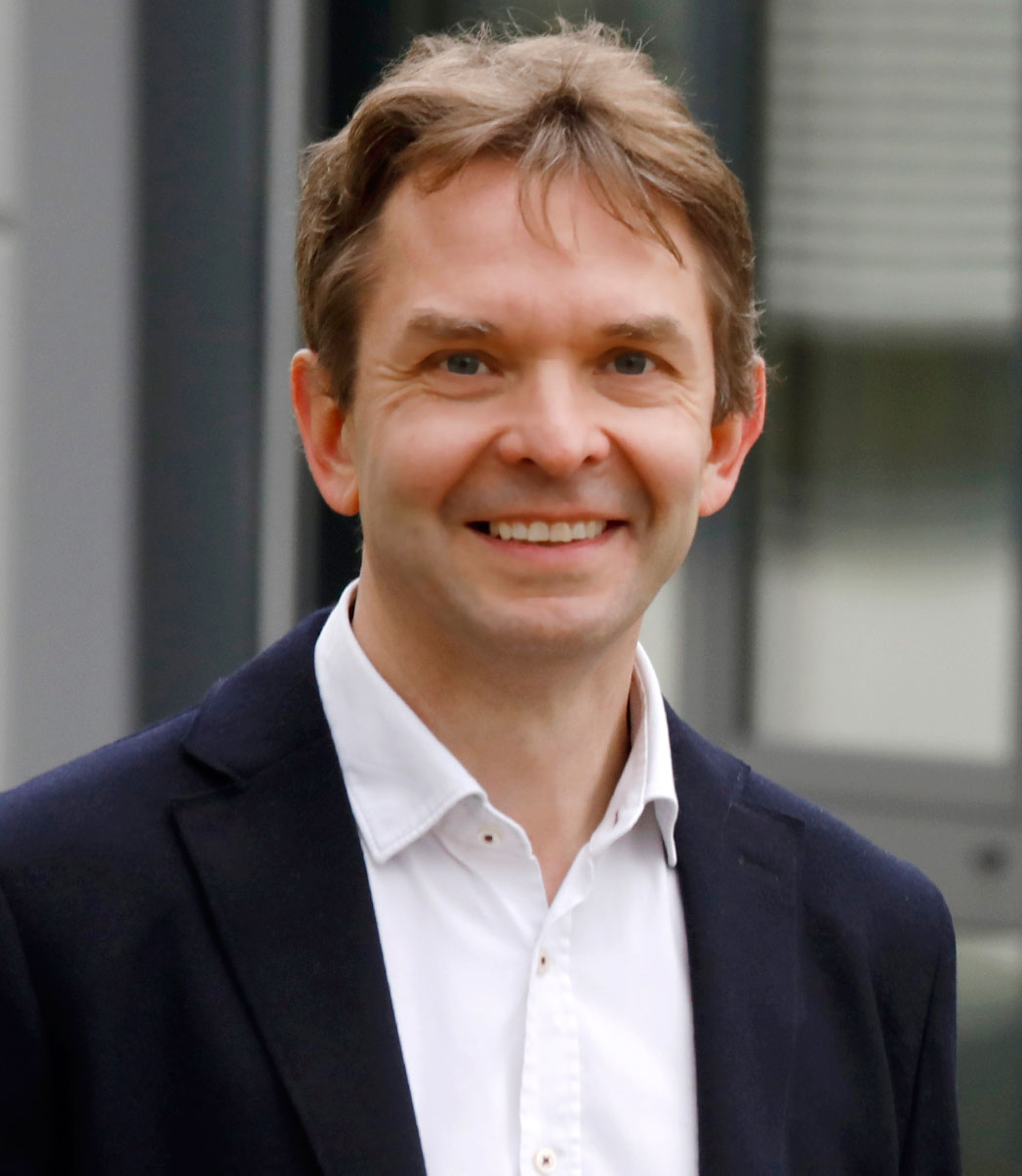
Prof. Dr. Frank Neuner
Frank Neuner is the head of Clinical Psychology at Bielefeld University including the University's outpatient clinic.
He has gained international reputation for the co-development of Narrative Exposure Therapy NET.
Frank has published the first randomized treatment trial for posttraumatic stress disorder with refugees living in a war region that has been followed by a series of highly published RCTs of his working group.
His expertise are epidemiology, etiology and treatment of severe trauma-associated psychological disorders following repeated intense adversities like war and child abuse.
Currently he is developing low-threshold measures to improve access to psychotherapy for refugees.
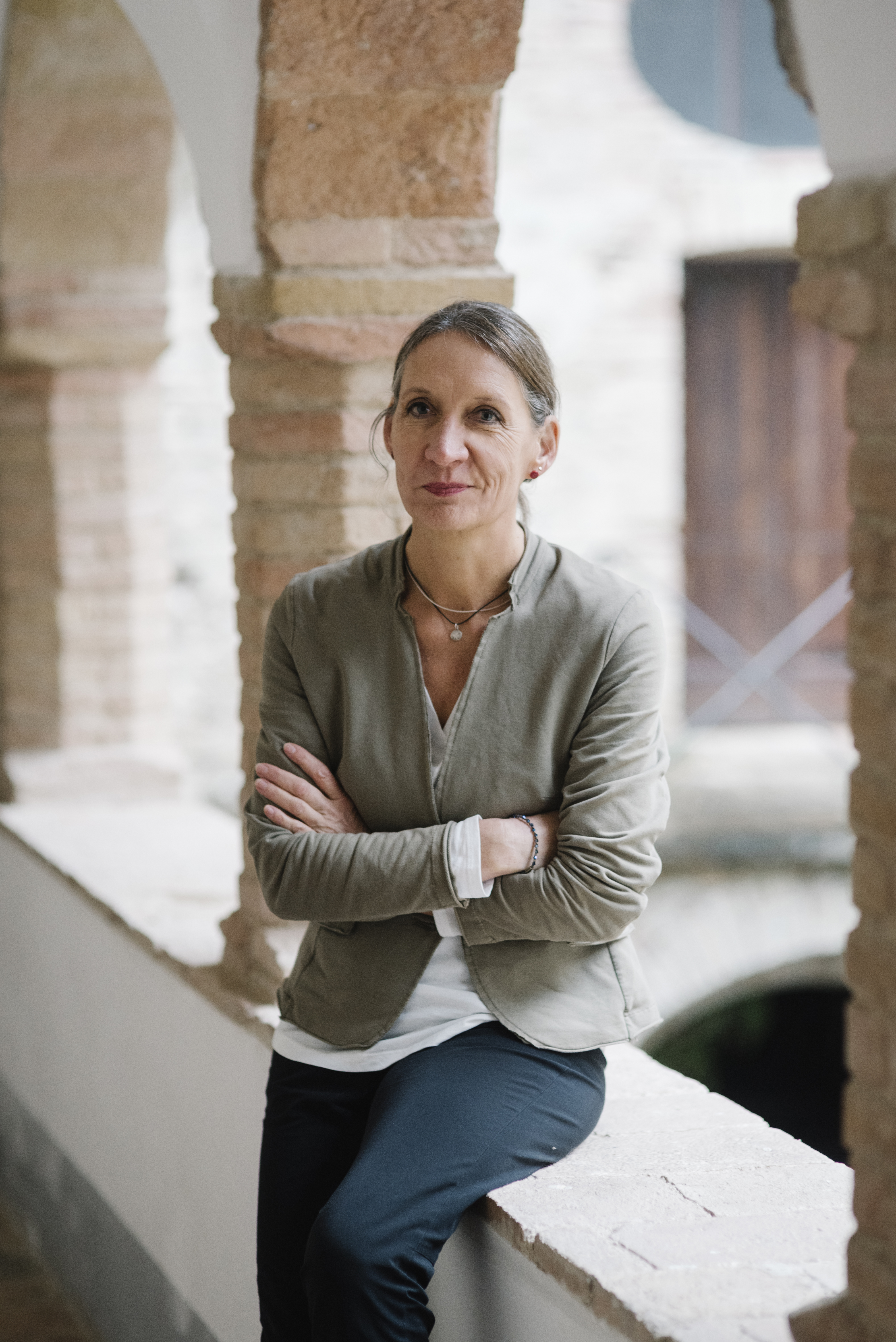
PD Dr. Maggie Schauer
Psychotraumatologist
Co-Developer of Narrative Exposure Therapy (NET)
Co-Founder of vivo international www.vivo.org
Top research fields: multiple and complex traumatization in child an adult survivors of organized and family violence, survivors of torture and human rights violations, refugees and asylum seekers; transgenerational consequences of violence and neglect.
Coordinator of aid projects in war and crisis regions after humanitarian and natural disasters
Founding and advisory board member of the ‘BabyForum’, a network of specialists for the care of pregnant women, preventive care for children and early childhood care
Member of the Board of Directors of the Italian Society for Traumatic Stress Studies, SISST
Recipient of the August Forel Prize, Ellikon, Switzerland, as well as the Jaap-Chrisstoffels Guest Professorship of the University of Amsterdam, Netherlands
Awardee of the Carl-Friedrich-von-Weizsäcker Prize of the German National Academy of Science ‘Leopoldina’. The award recognizes ‘the outstanding contribution to the scientific work on socially important challenges’.
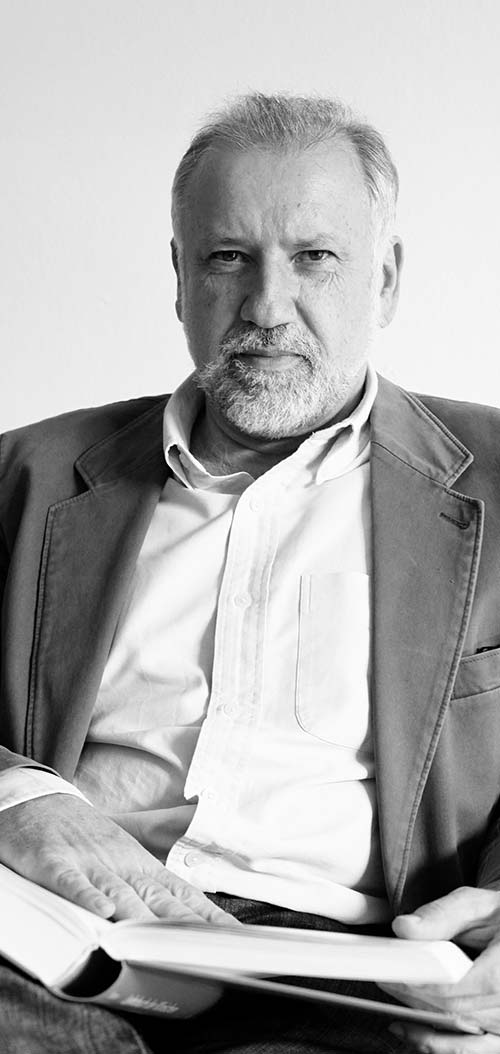
Dr. Thomas Elbert
Professor Emeritus of Clinical Psychology and Behavioral Neurosciences (University of Konstanz)
Honorary Professor (Université Lumiére, Bujumbura)
Member of the German National Academy of Sciences Leopoldina and the Berlin-Brandenburg Academy of Science
Hector fellow
Recipient of the ‘Deutscher Psychologiepreis’ (highest German Award for Psychology)
Co-Developer of Narrative Exposure Therapy (NET)
Co-Founder of vivo international, a charitable NGO
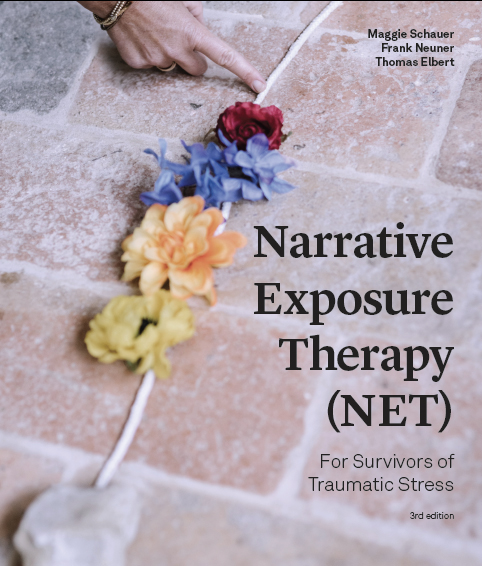
Schauer, Neuner, Elbert. Narrative Exposure Therapy: A short-term treatment of traumatic stress disorder, Hogrefe, 2005/2011/2025
See publications for a comprehensive list of NET research achievements.
How NET has come about - the early days
Here is a really nice recall by Thomas Elbert on how Narrative Exposure Therapy has come to life. The interview was first published by our group from NETBrasil https://www.netbrasil.org/news-de/te-p3yn7
